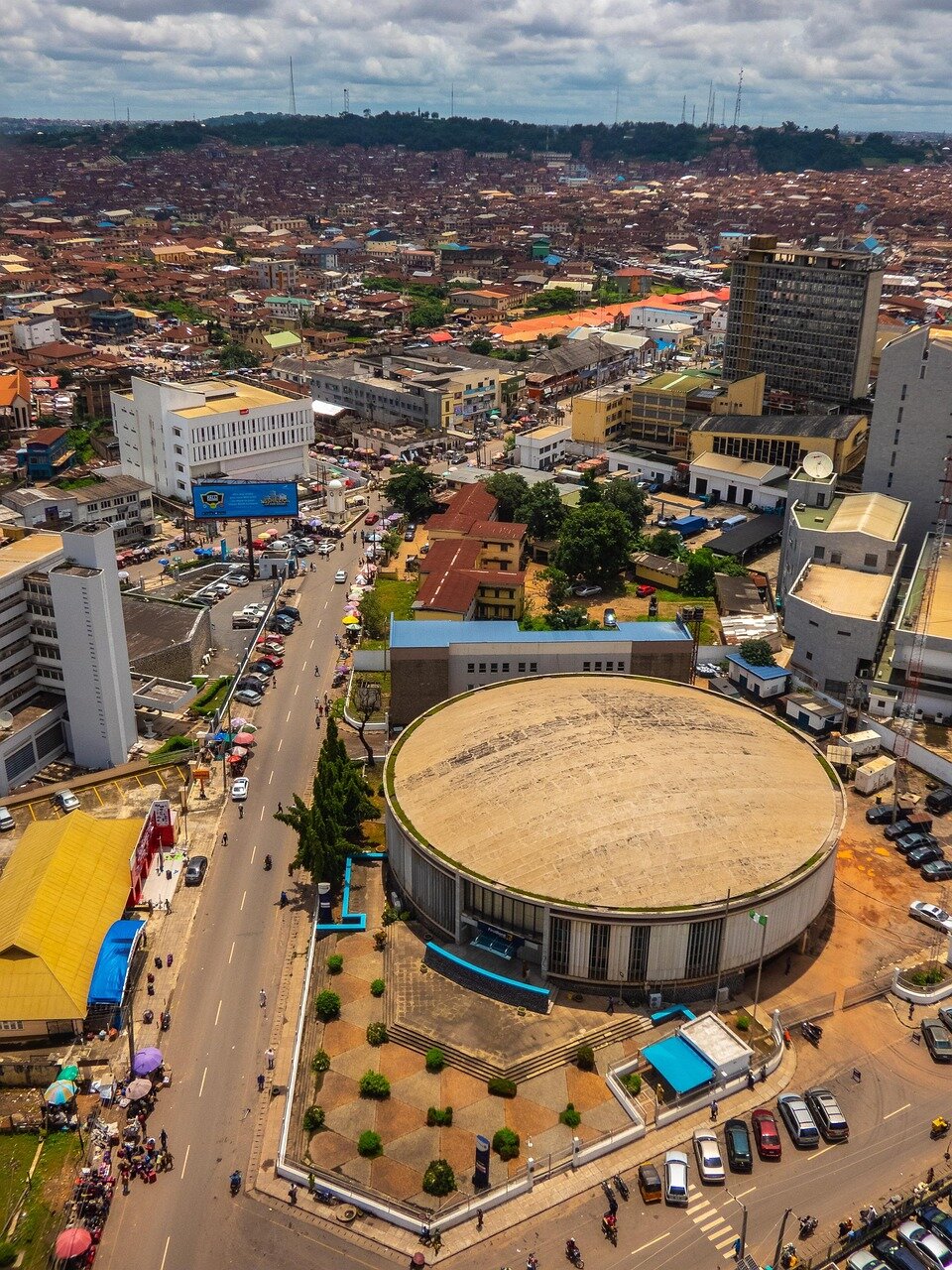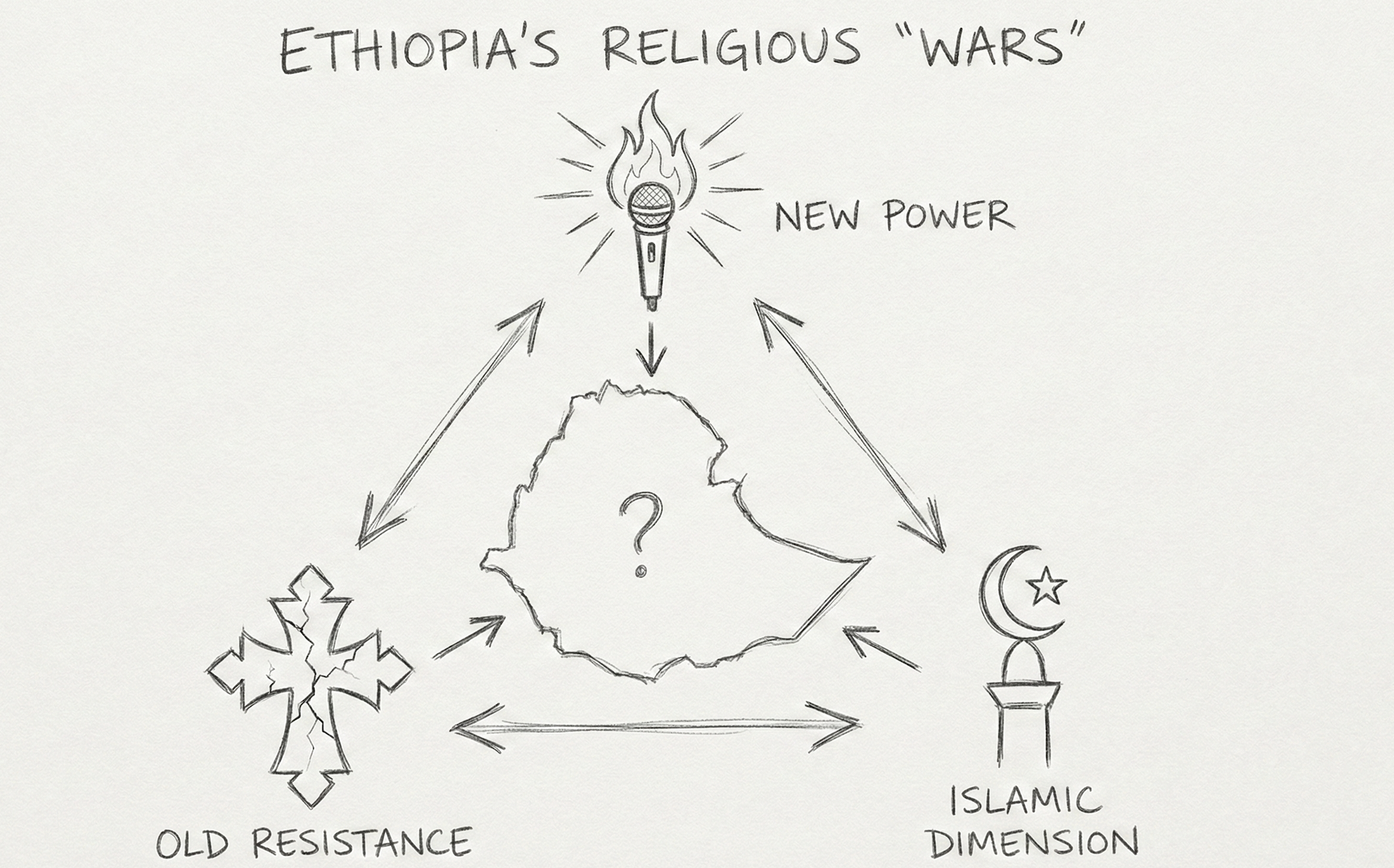.jpeg)
Let us guide you through the Middle East with curated links: insightful analyses and forecasts from top sources on regional complexities.

Agenzianova.com: Enhanced Presence of Russia and China in Tripoli and Benghazi
China expands its presence in Libya with the opening of the Russian embassy in Tripoli and discussions with a Chinese consortium in Cyrenaica. Moscow's reopening of its embassy signifies closer ties with western Libya, while Chinese interests focus on renewable energy and infrastructure projects. Despite limited current investments, China's historical involvement in Libya's energy and infrastructure sectors hints at its potential influence amid the country's uncertain future.
.jpeg)
Middleeasteye.net: Egypt Strikes $35 Billion Deal with UAE for Prime Mediterranean Territory
Egypt, UAE agree on $35bn Ras el-Hekma deal. Madbouly announces $15bn upfront, $20bn in two months. Largest foreign investment sparks local criticism. Project includes residential, tourist, and industrial zones. Displaced residents to be compensated. Sawiris sees it as economic remedy. Egypt seeks $10bn+ IMF bailout amidst severe crisis.
.jpeg)
Reliefweb.net: Rebuilding Schools and Health Centers in Tigray: Empowering Students and Patients
Reconstruction completed in Tigray, including 14 health centers, 11 schools, and 33 WASH facilities. Funded by the World Bank and led by UNOPS, the project restores vital services for over 365,000 people. Testimonials highlight the impact on education and healthcare. The initiative now shifts to its recovery phase, aiming for further resilience in conflict-affected communities.
.png)







